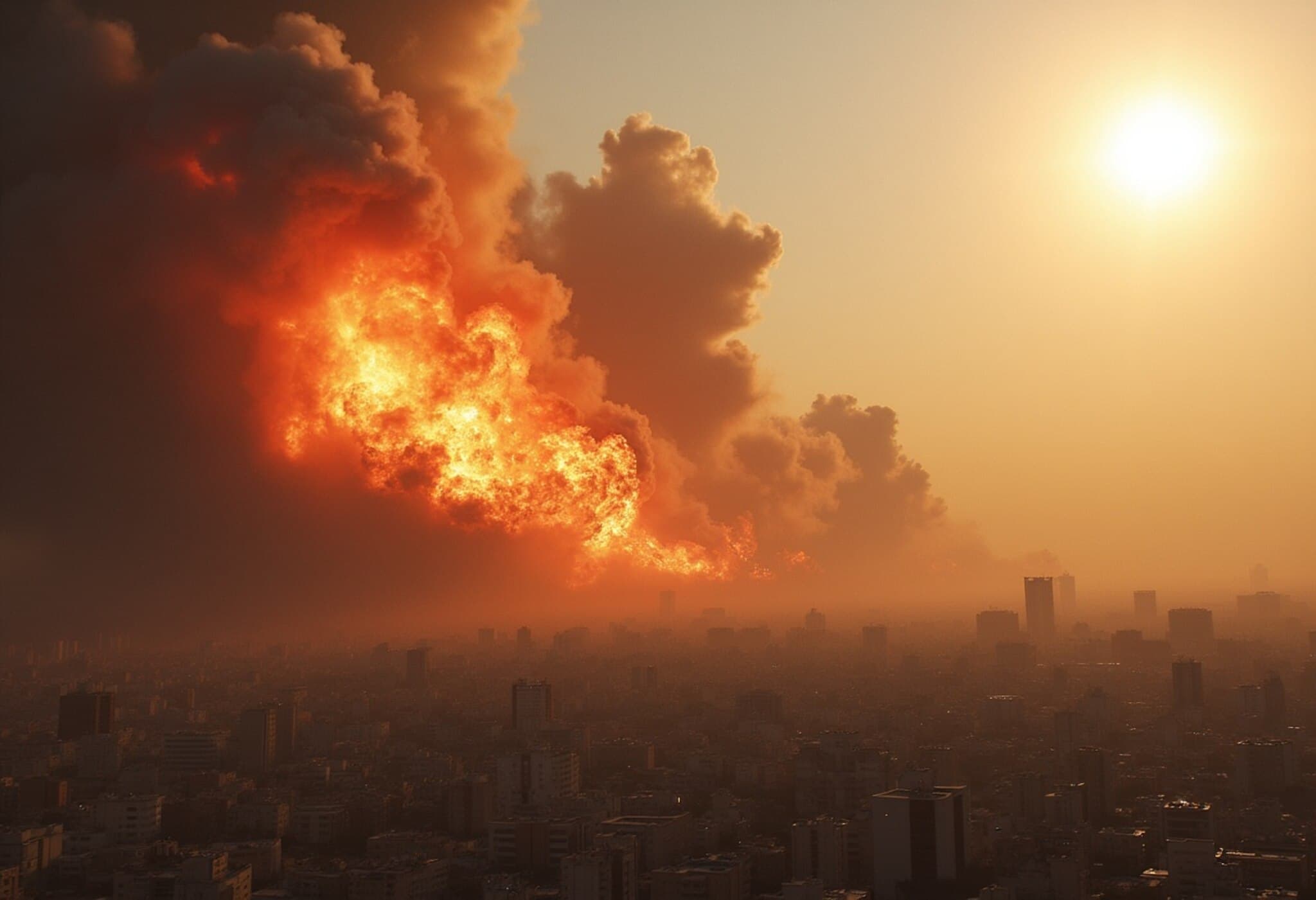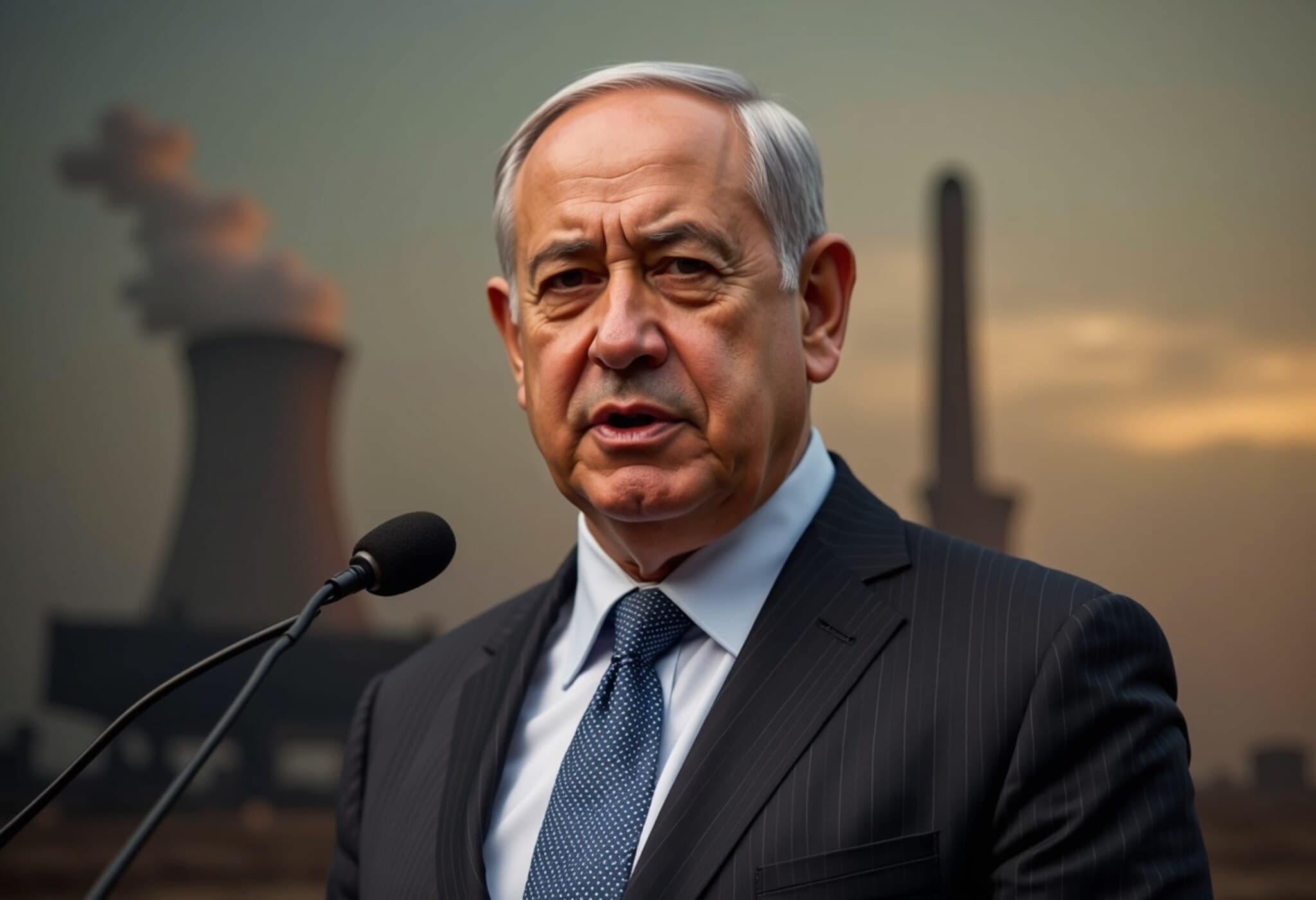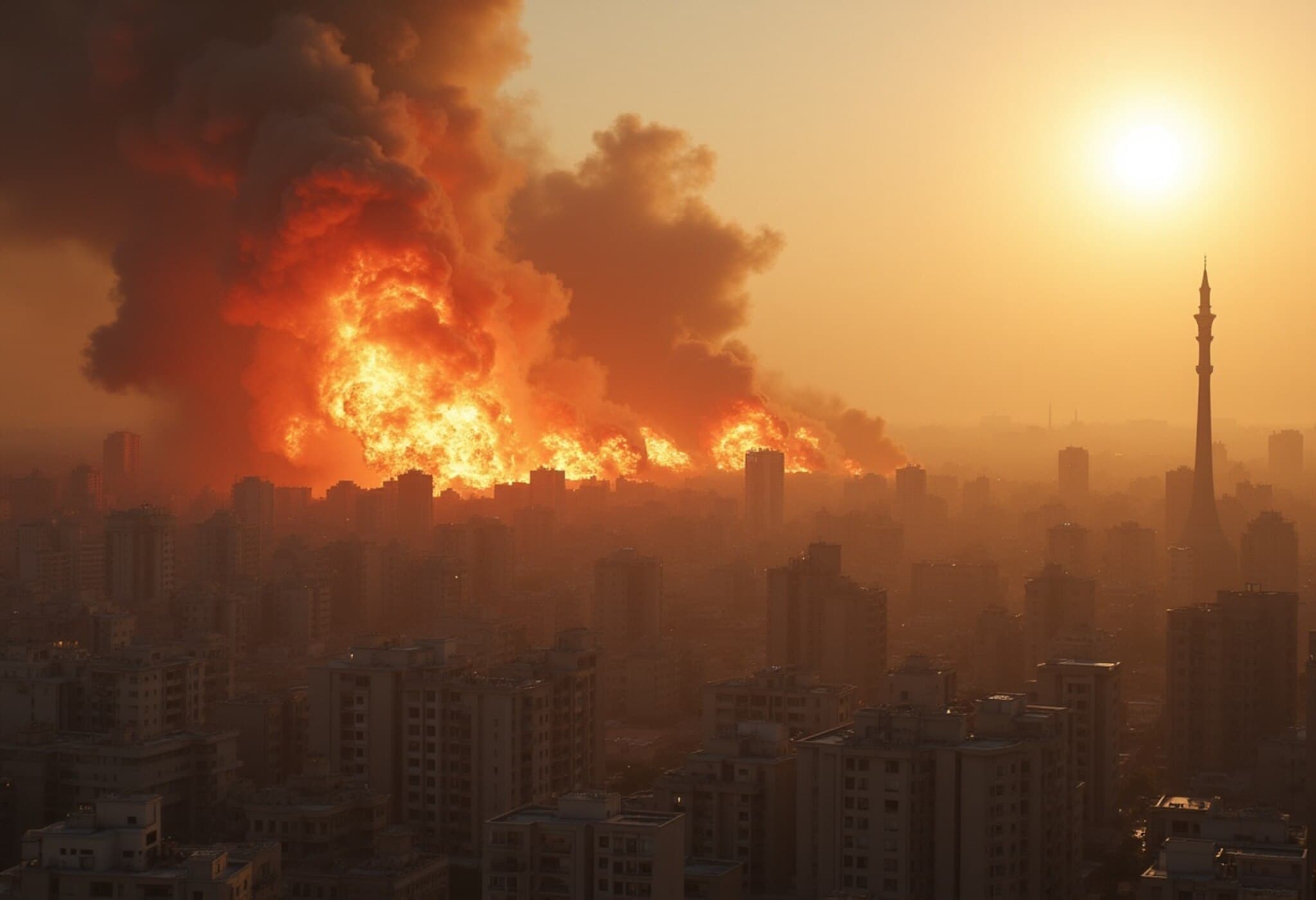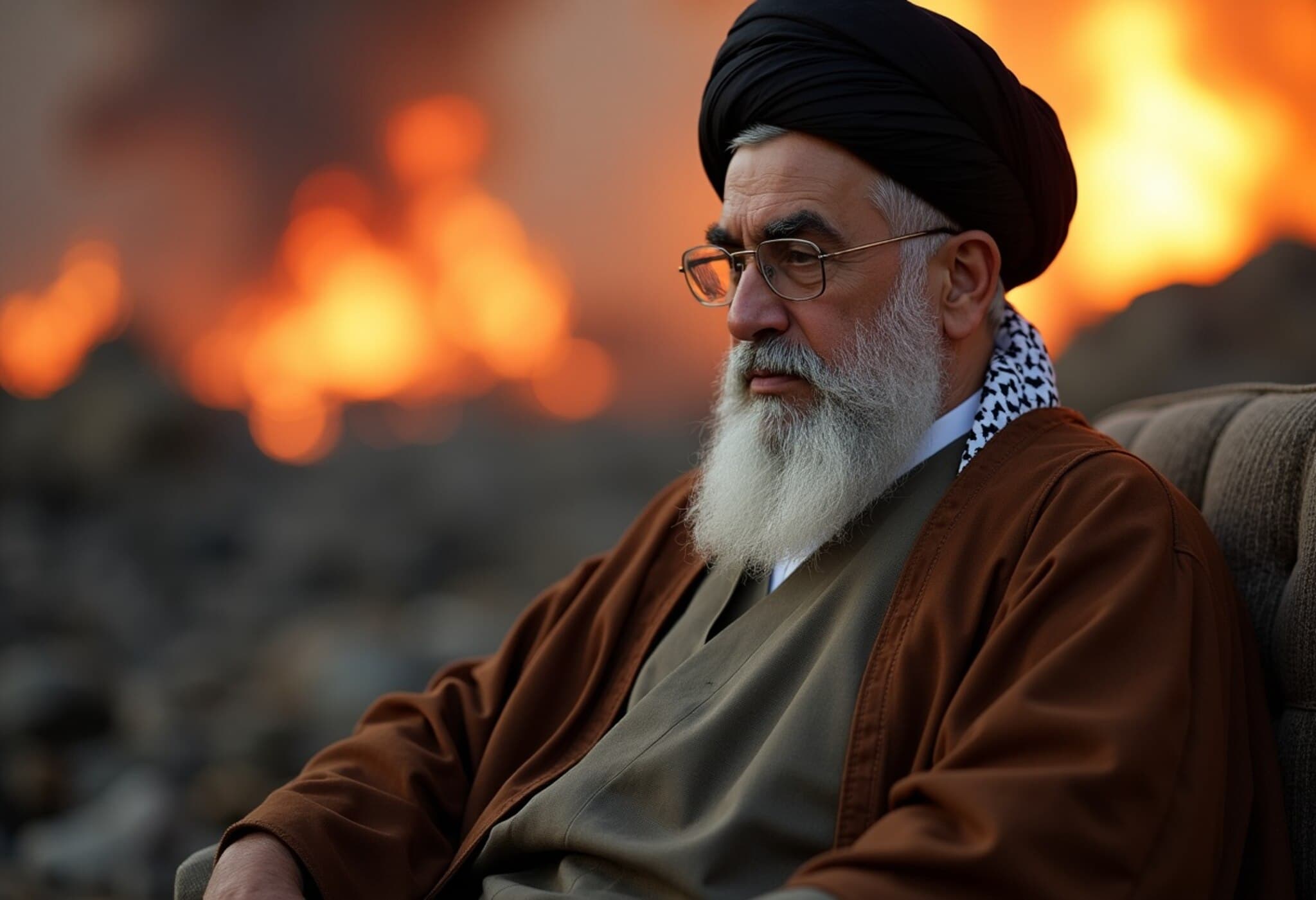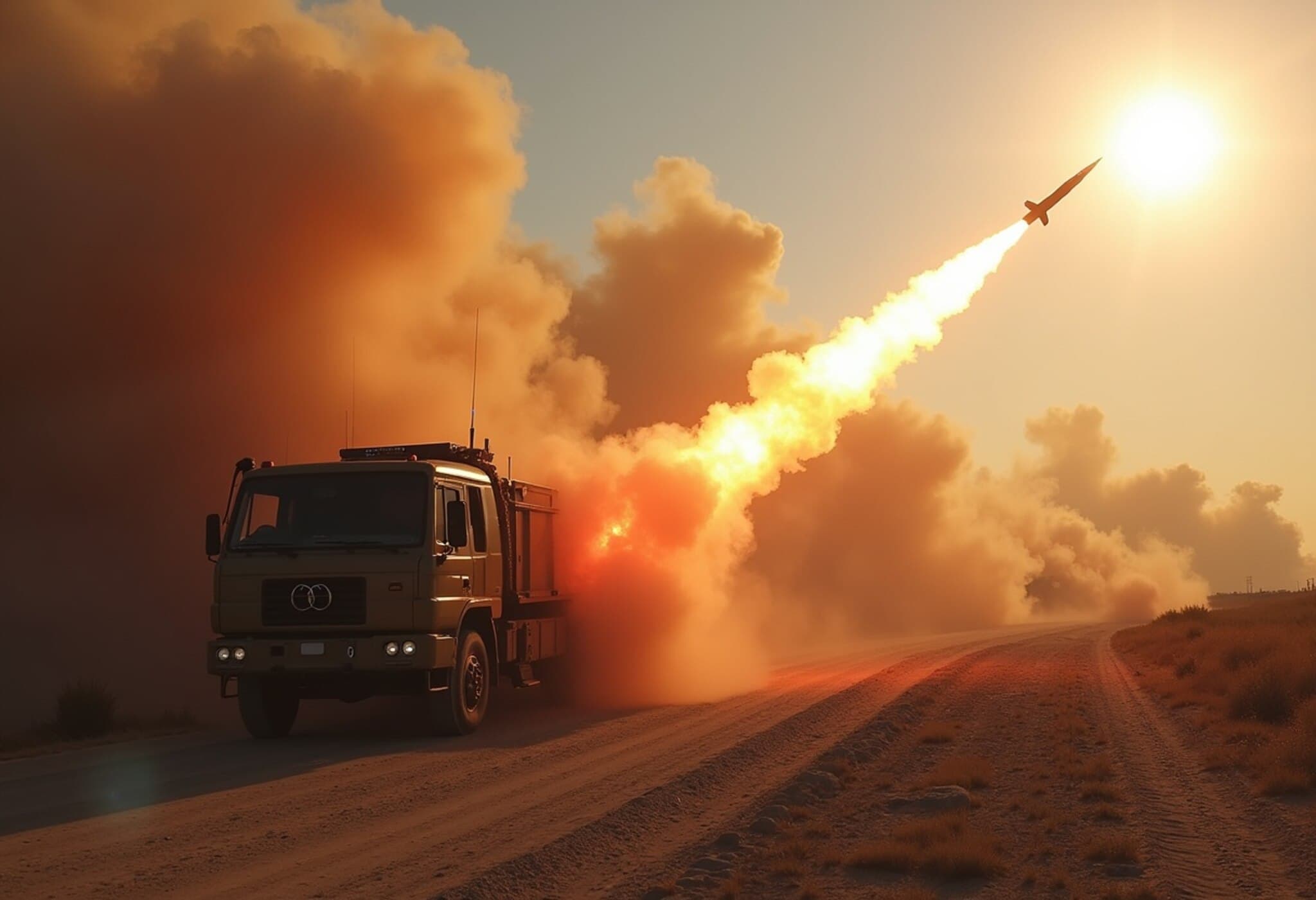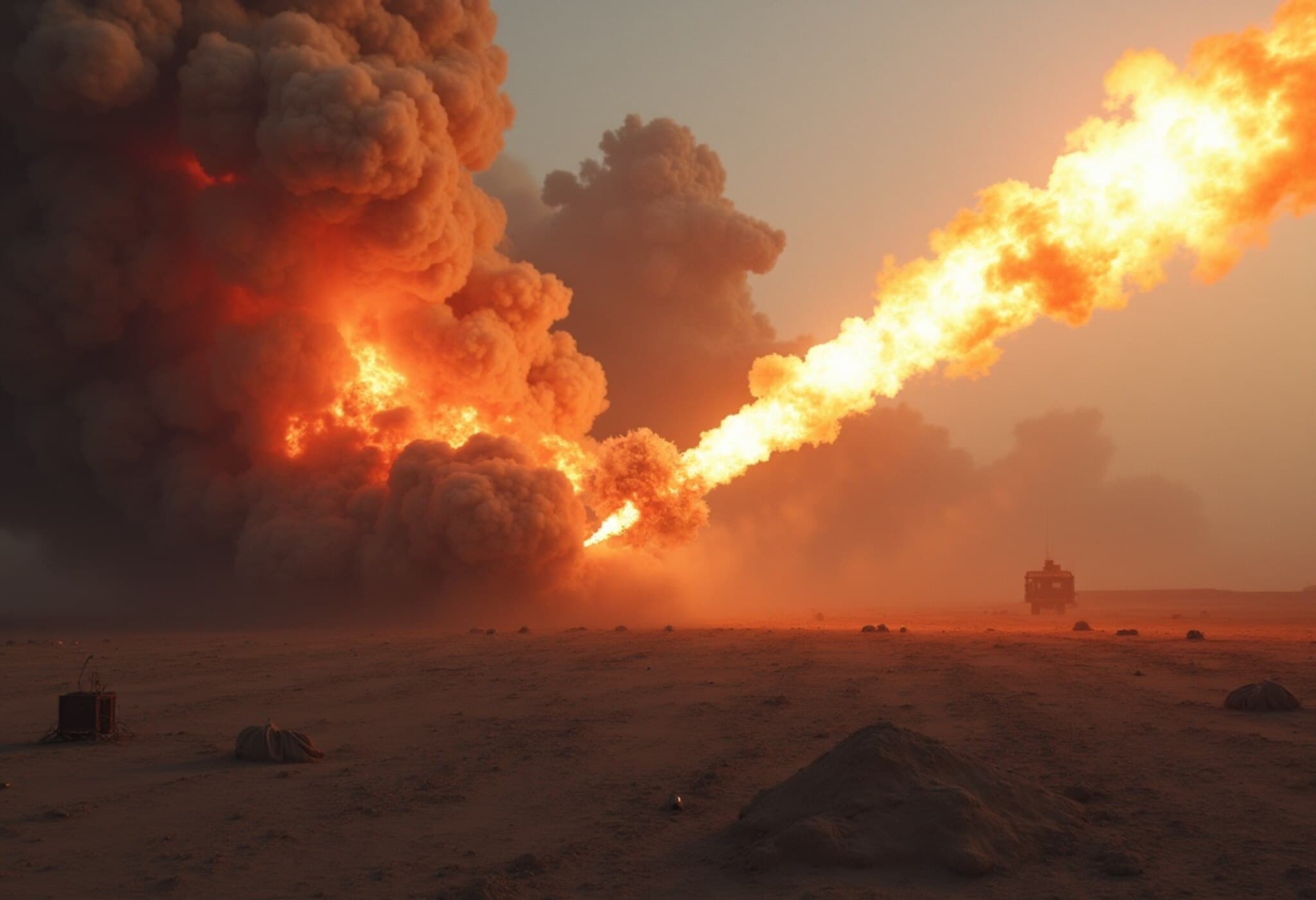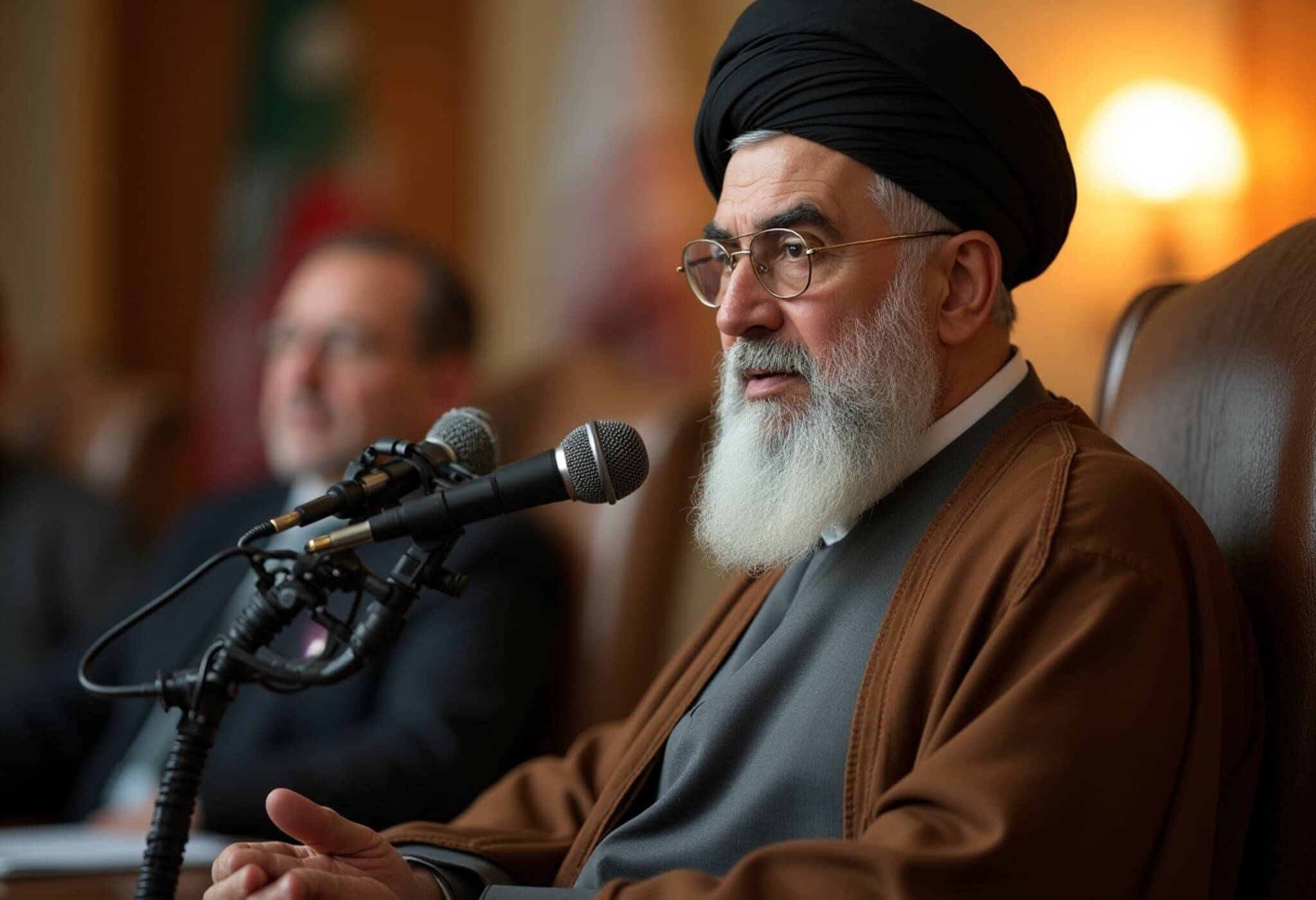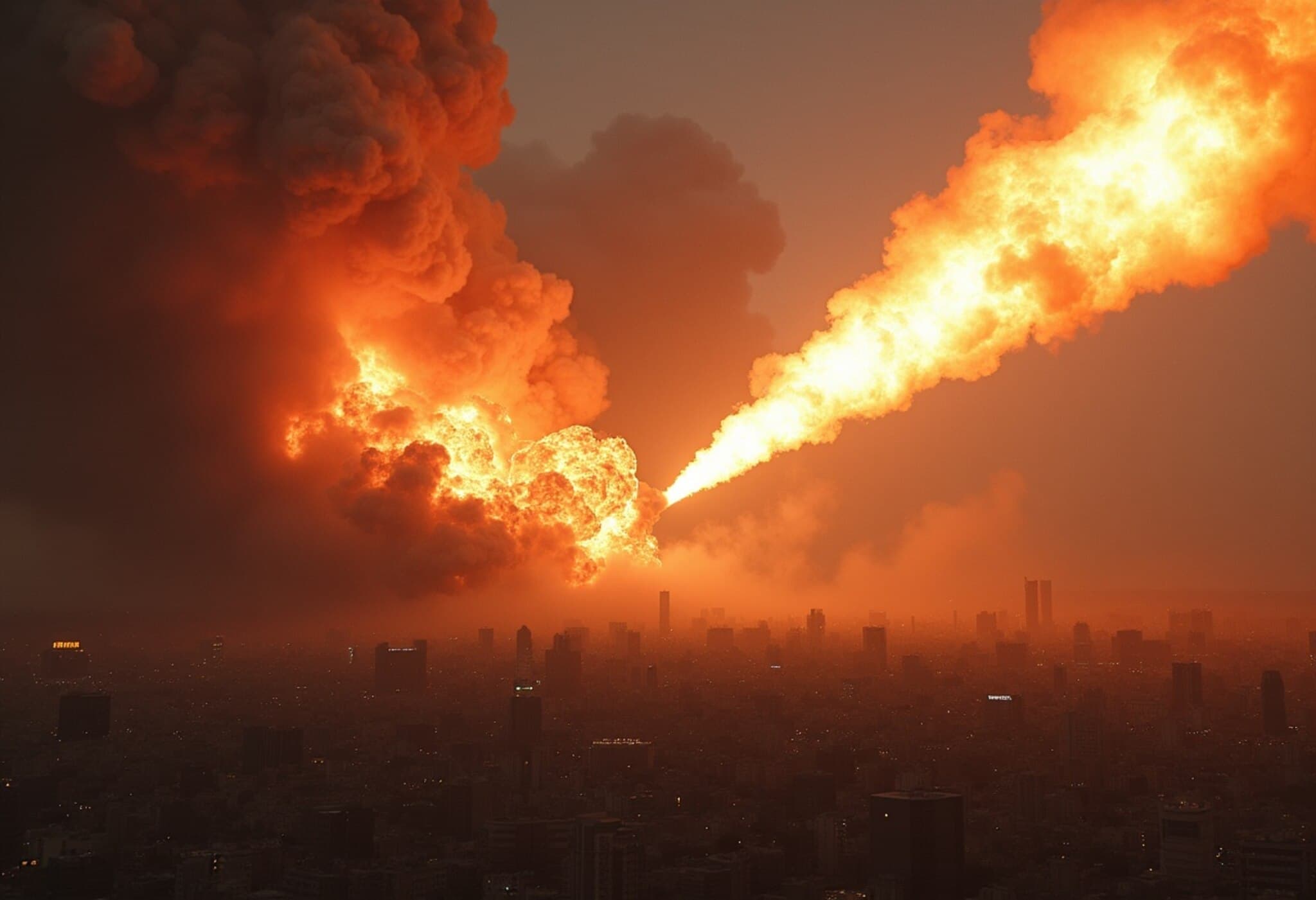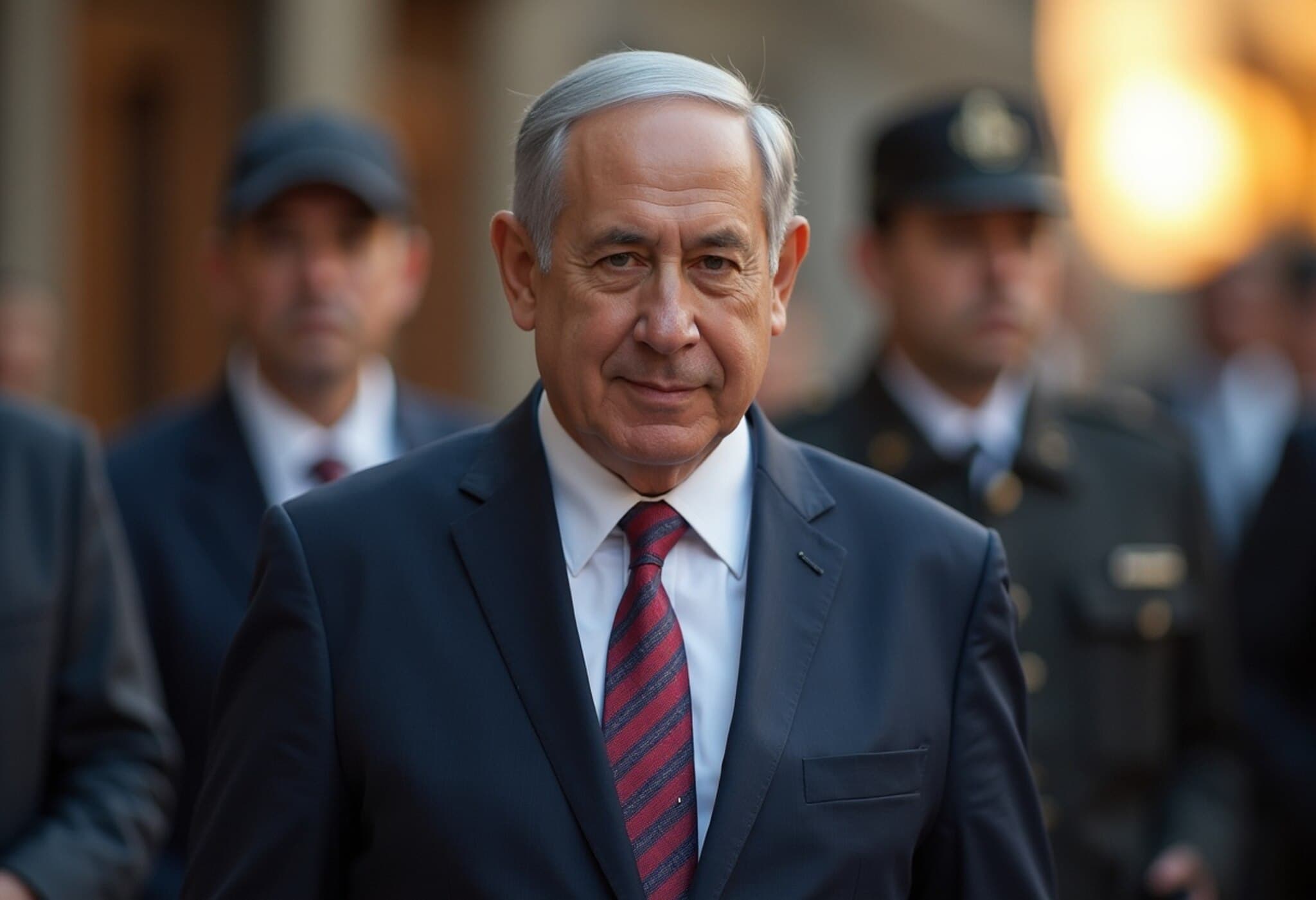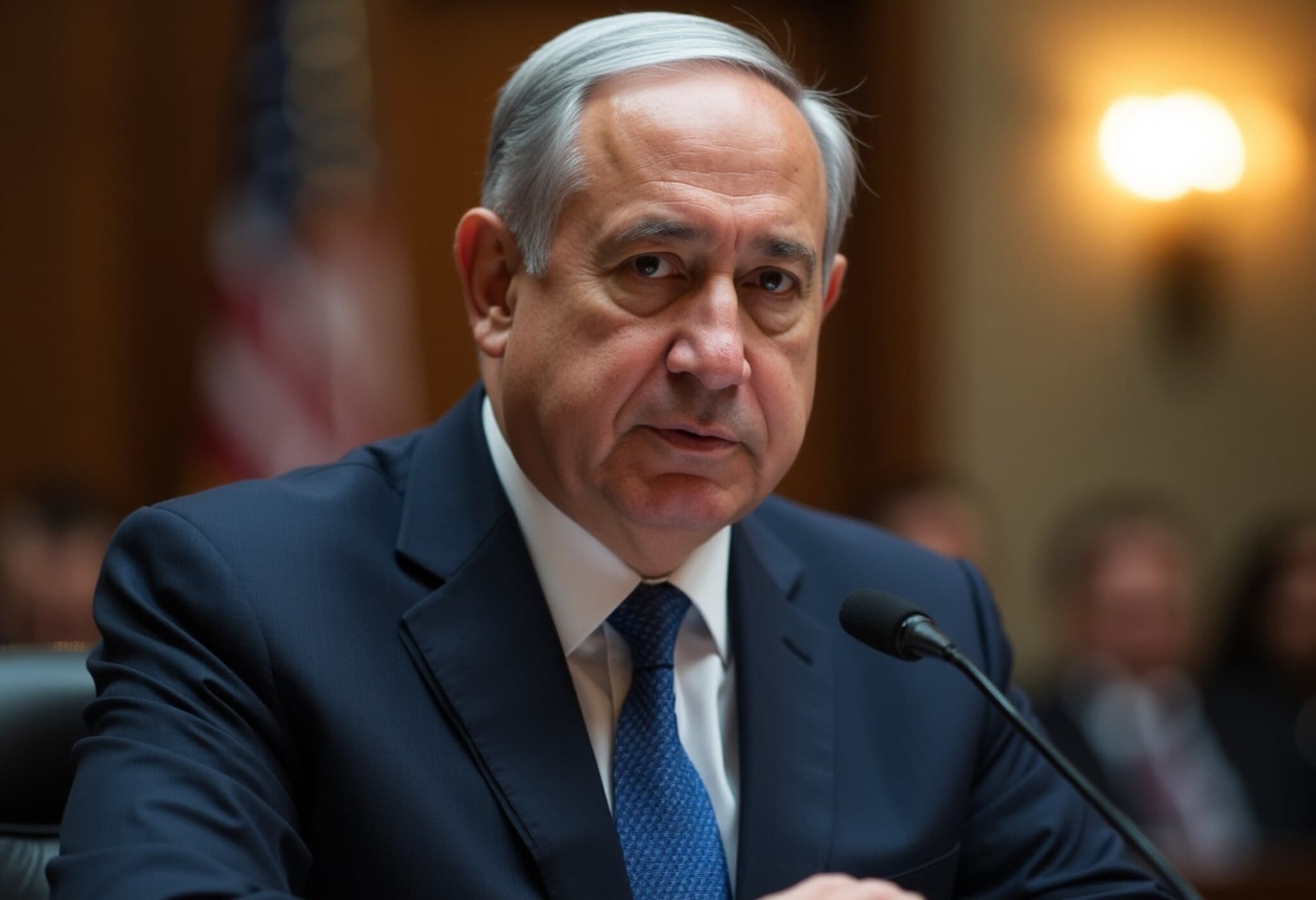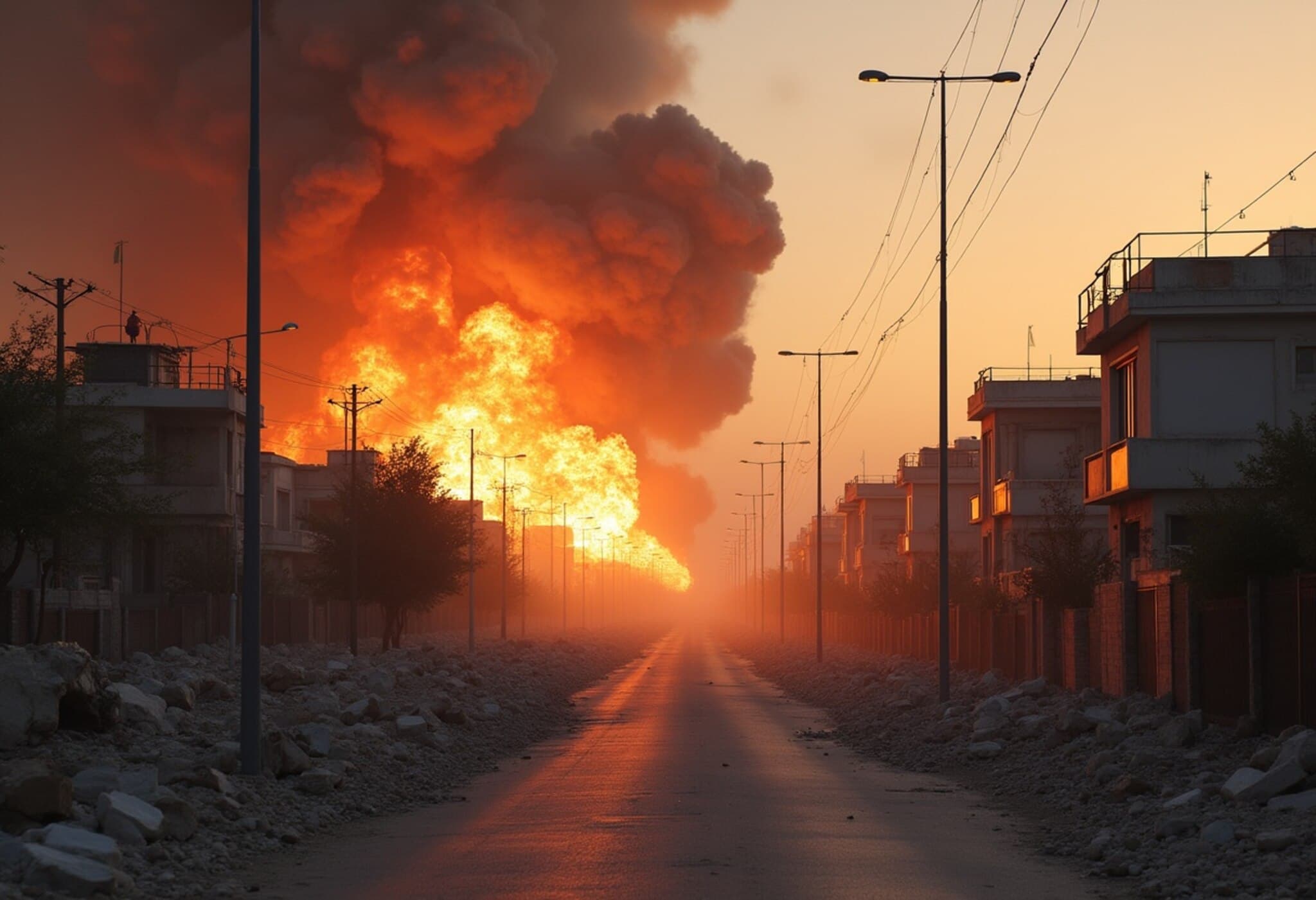Israel Intensifies Airstrikes on Iran’s Core Nuclear Site
In the latest escalation of tensions in the Middle East, Israel has conducted a second round of airstrikes targeting Iran’s key nuclear facility in Isfahan. This development comes shortly after Iran fired a series of five ballistic missiles toward central Israel during the night, marking a sharp increase in hostilities.
Details of the Recent Strikes
The Israeli Defense Forces (IDF) disclosed that approximately 50 fighter jets participated in the recent bombardment of Iranian nuclear and military installations. The Isfahan site plays a pivotal role in Iran's nuclear program, housing both the uranium conversion facility and a nuclear fuel fabrication plant, making it a critical target for Israel.
An Israeli official described the operation, stating, "We targeted Isfahan within the first 24 hours of our campaign and have now launched a second wave of strikes overnight. These additional strikes have deepened the damage and degraded the facility’s operational capabilities significantly." The official also revealed that strikes have extended to "several centrifuge production sites," which are vital for uranium enrichment.
Understanding the Significance of Centrifuge Facilities
Centrifuges play an indispensable role in enriching uranium by spinning uranium hexafluoride gas at high speeds to separate uranium isotopes. Damaging these facilities impairs Iran’s capability to produce enriched nuclear material.
Iran’s Missile Response and Israeli Defense Measures
In retaliation, Iran launched five ballistic missiles toward central Israel late at night, triggering air raid sirens across Tel Aviv and surrounding areas around 2:40 a.m. All missiles were intercepted by Israel's air defenses, causing no casualties. However, debris from one interception ignited a fire on an apartment roof, which was promptly extinguished by emergency responders.
Since the initial strikes on June 13, Iran has reportedly launched over 470 ballistic missiles and approximately 1,000 drones targeting Israeli territory. The Israeli Air Force continues to actively intercept these threats, with 40 unmanned aerial vehicles shot down overnight.
Additionally, guided by intelligence from the IDF, Israeli forces struck missile launchers and dual-barrel UAV launchers in Isfahan poised to target Israel, further disrupting Iran's offensive capabilities.
The Broader Context
The ongoing air campaign reflects a significant escalation in the longstanding conflict between Israel and Iran, centered primarily around Iran's nuclear ambitions and regional influence. Targeting critical infrastructure such as Isfahan aims to delay and disrupt Iran’s nuclear development, while Iran’s missile attacks represent its response to these measures.
As the situation unfolds, both sides appear determined to assert their strategic objectives, signaling a potentially prolonged period of heightened tensions.

